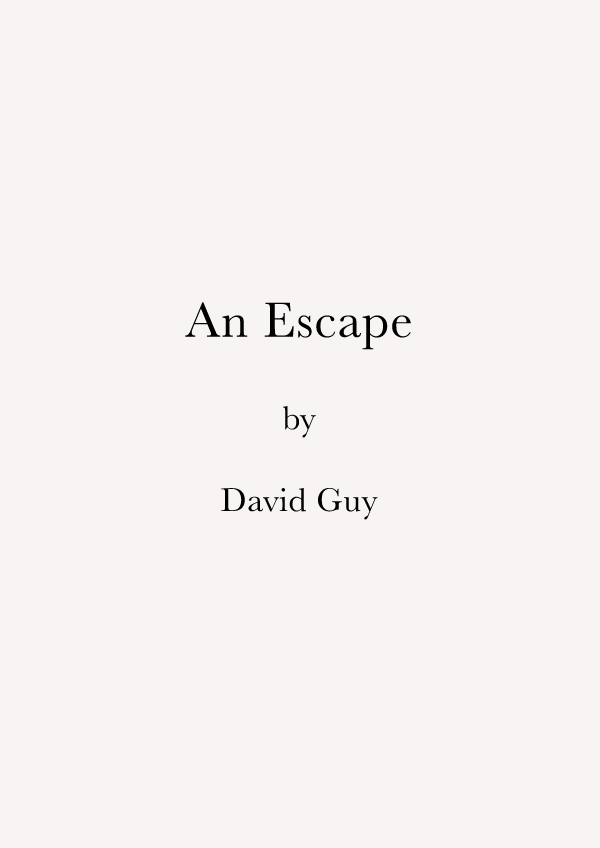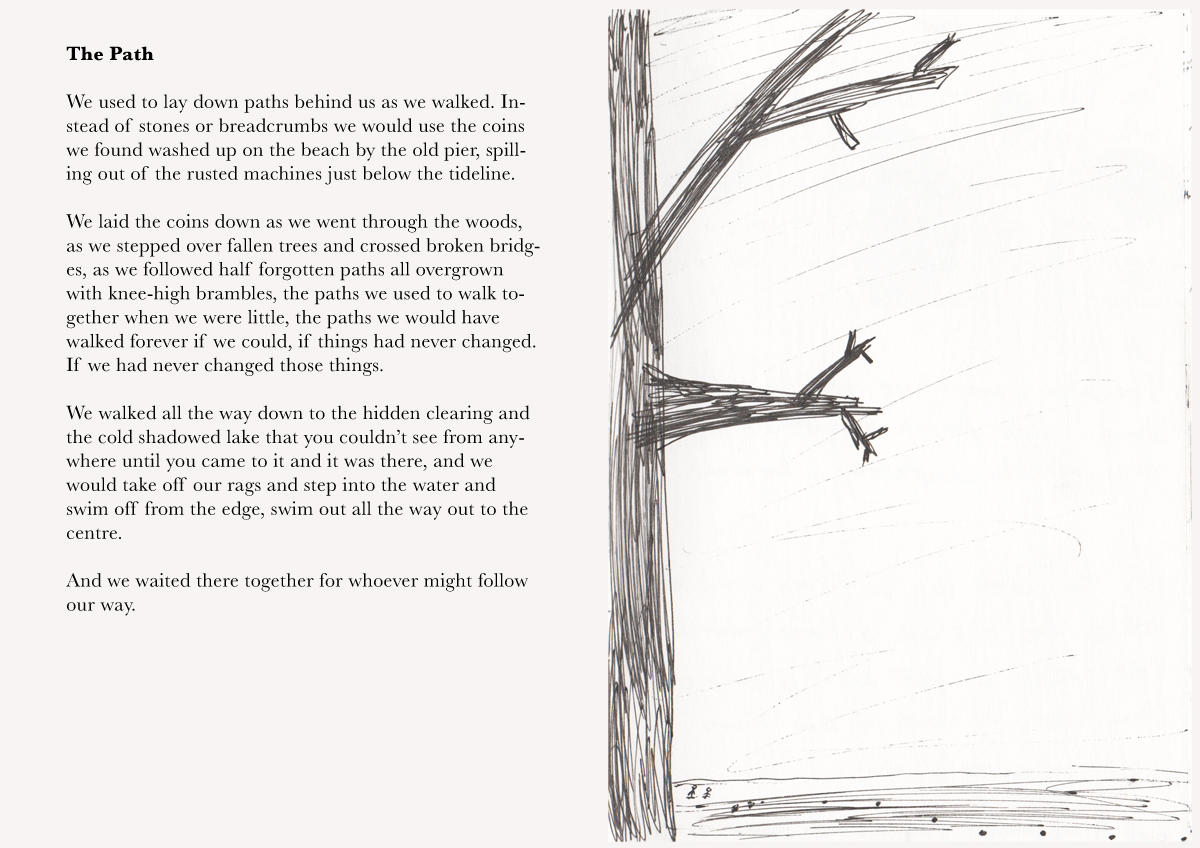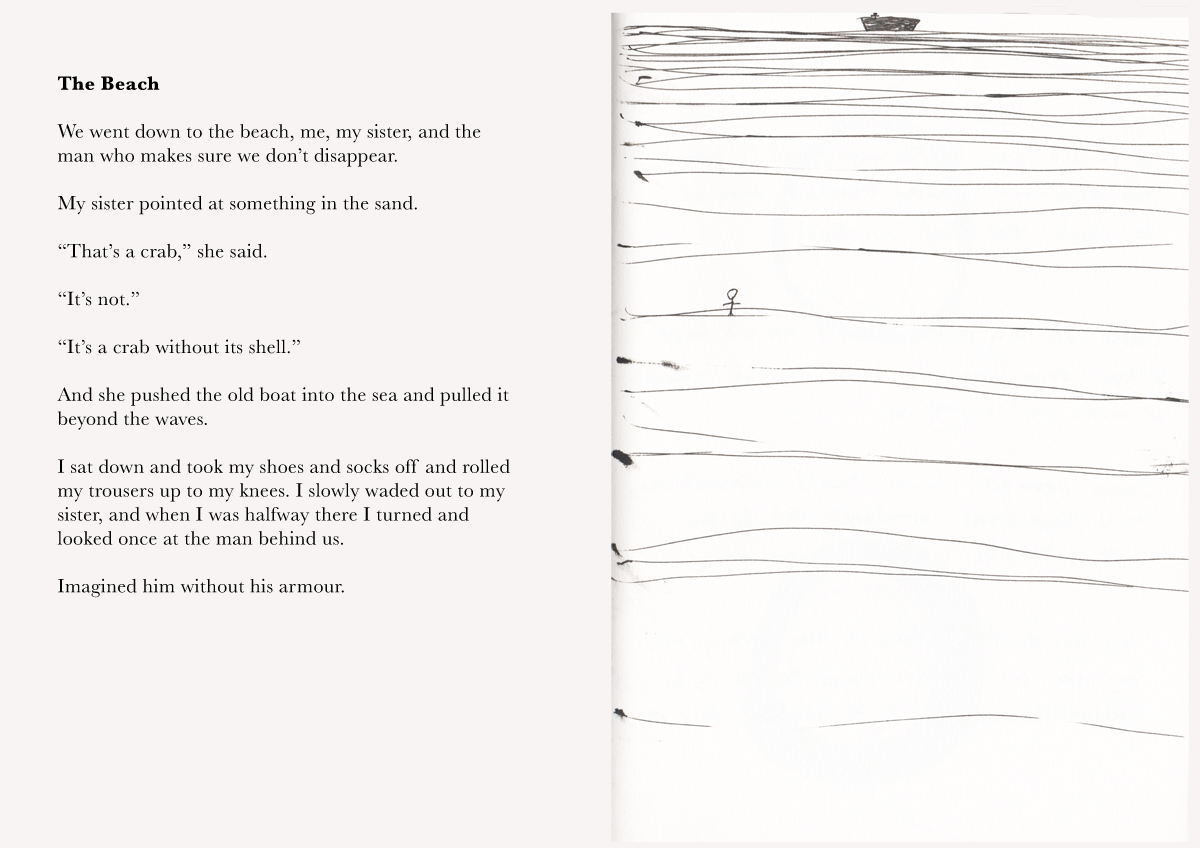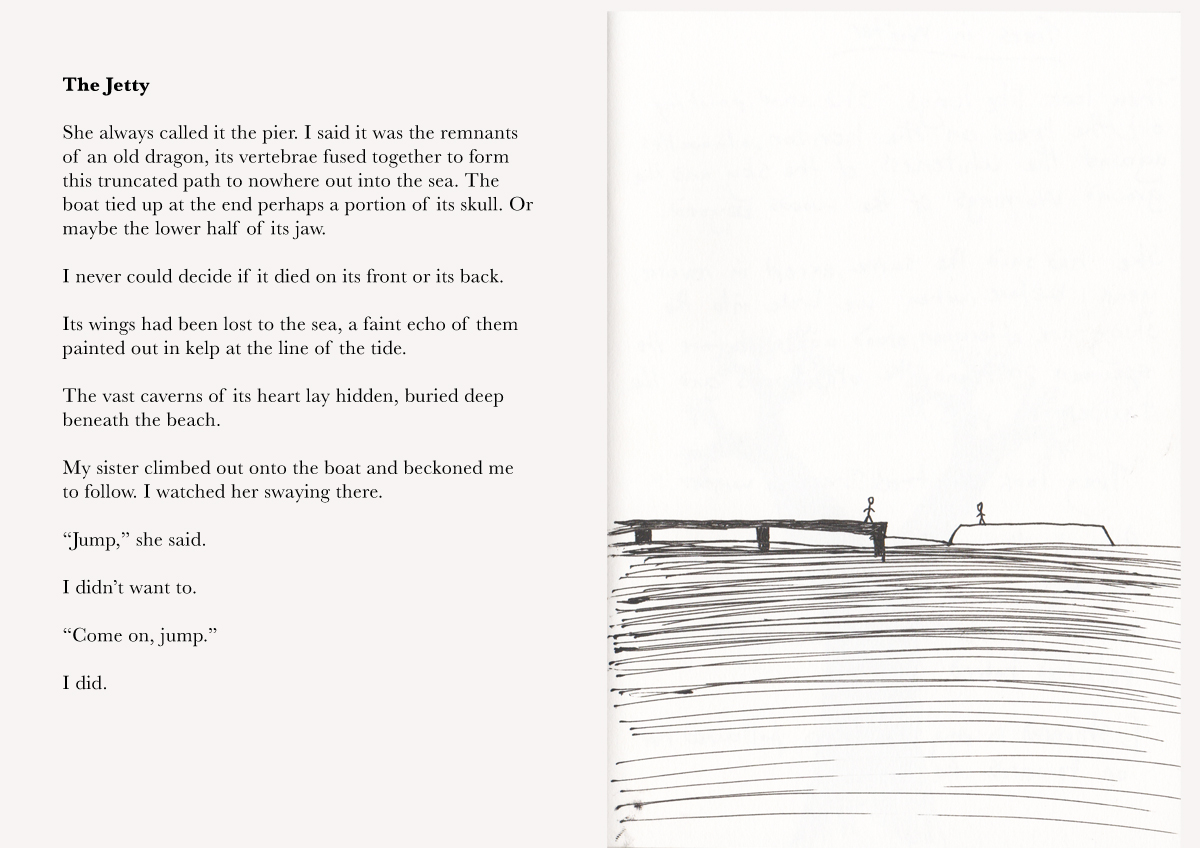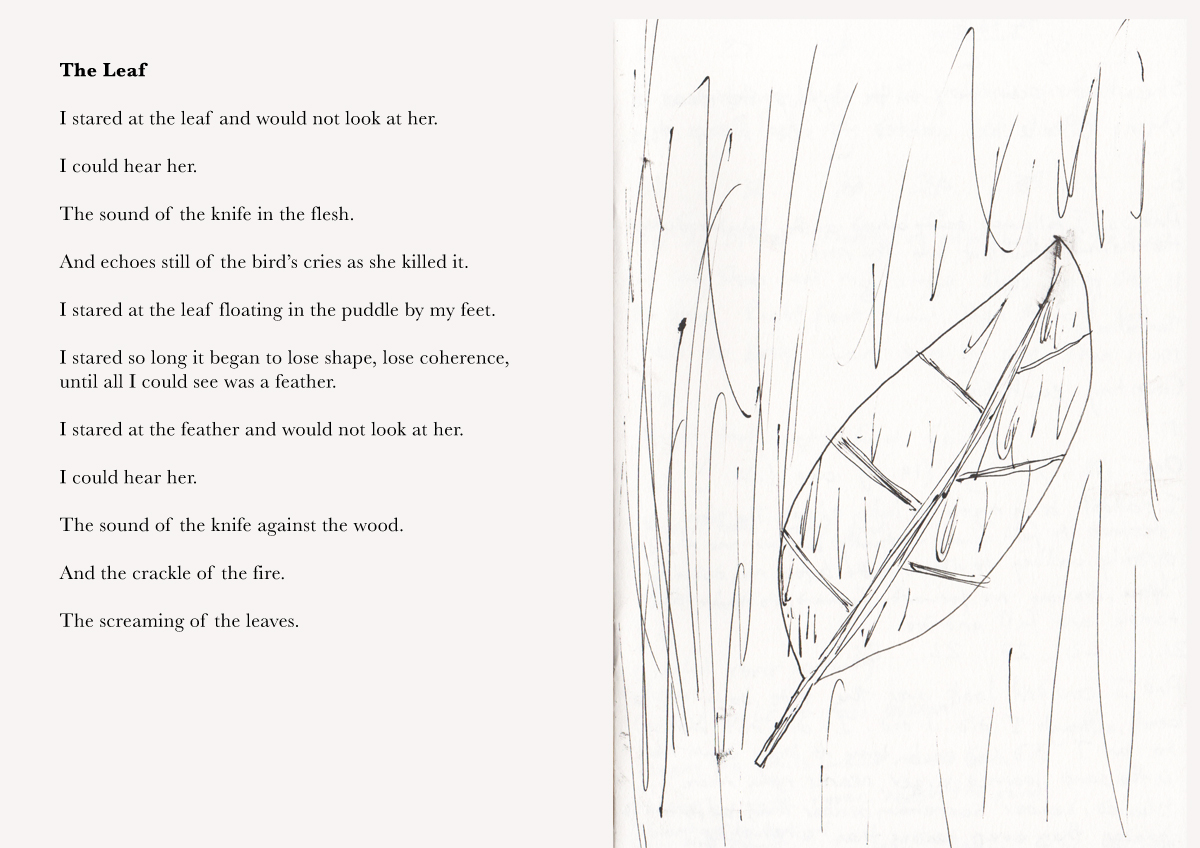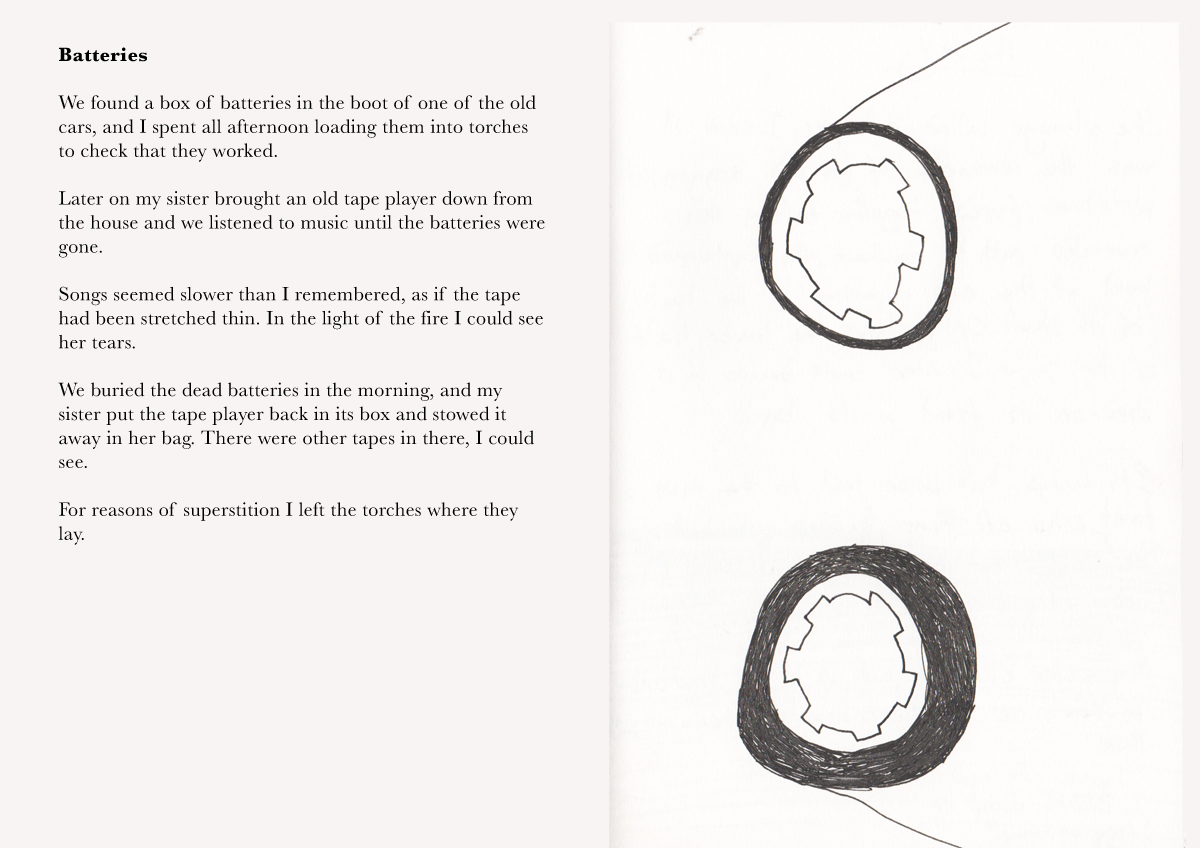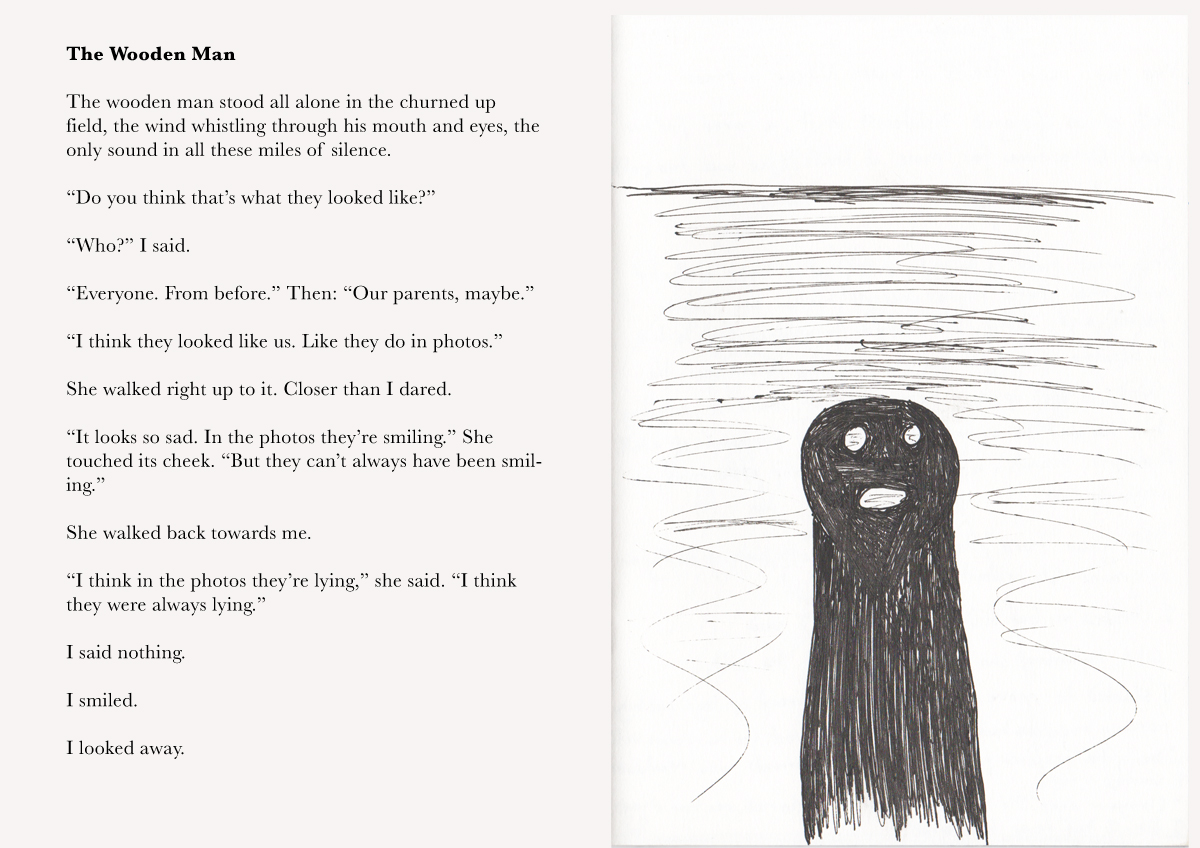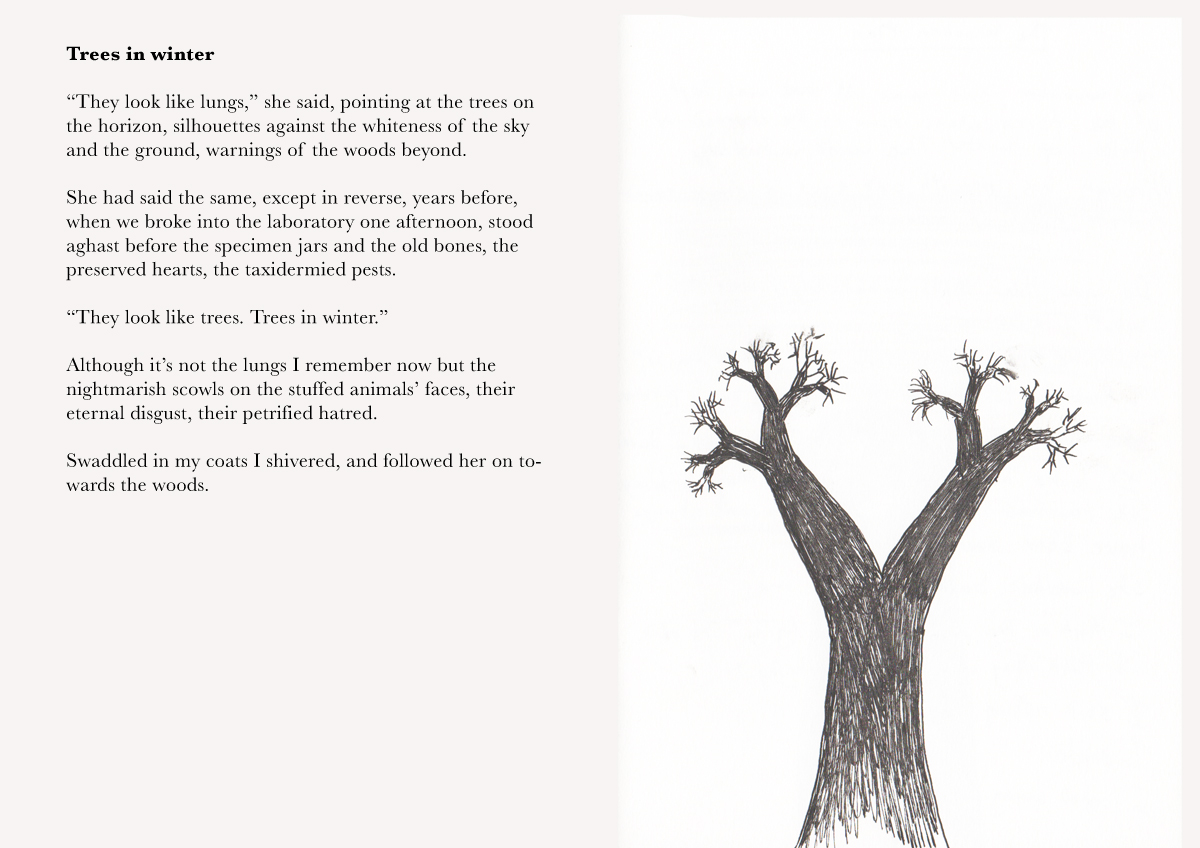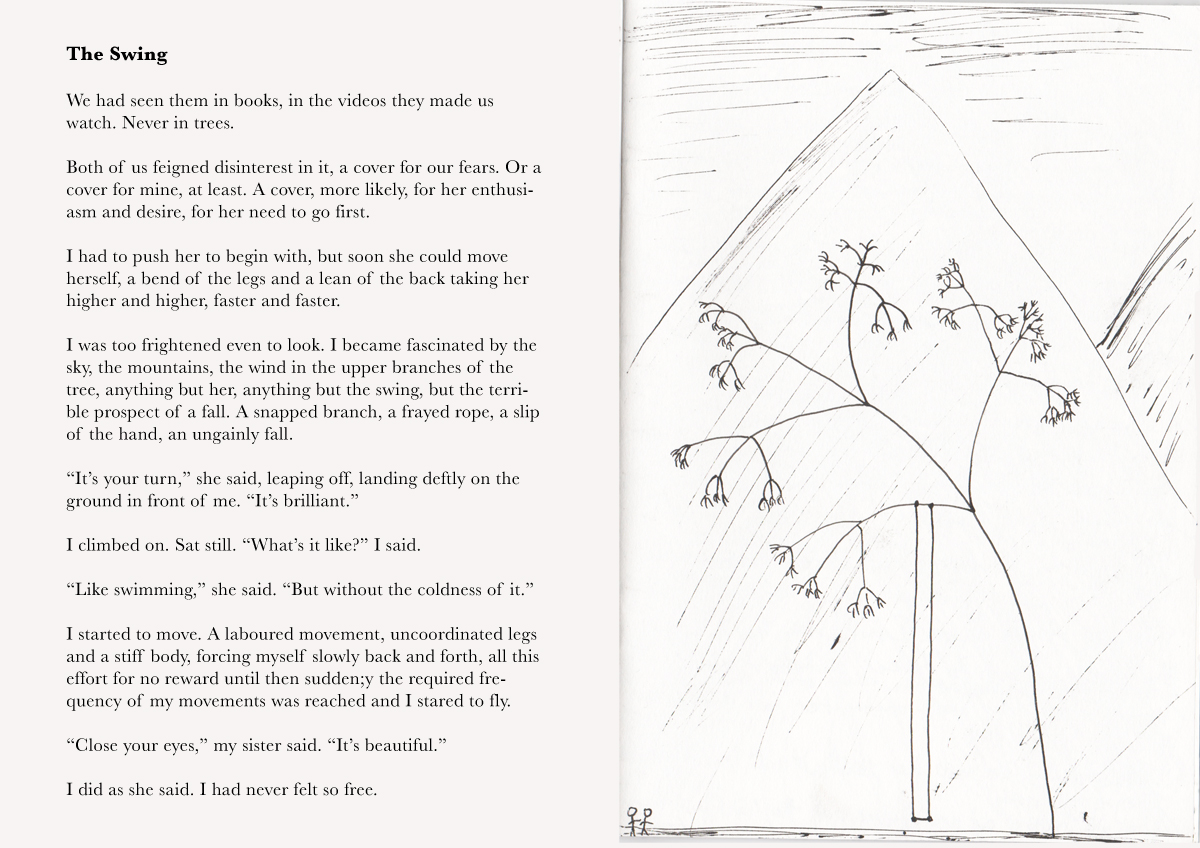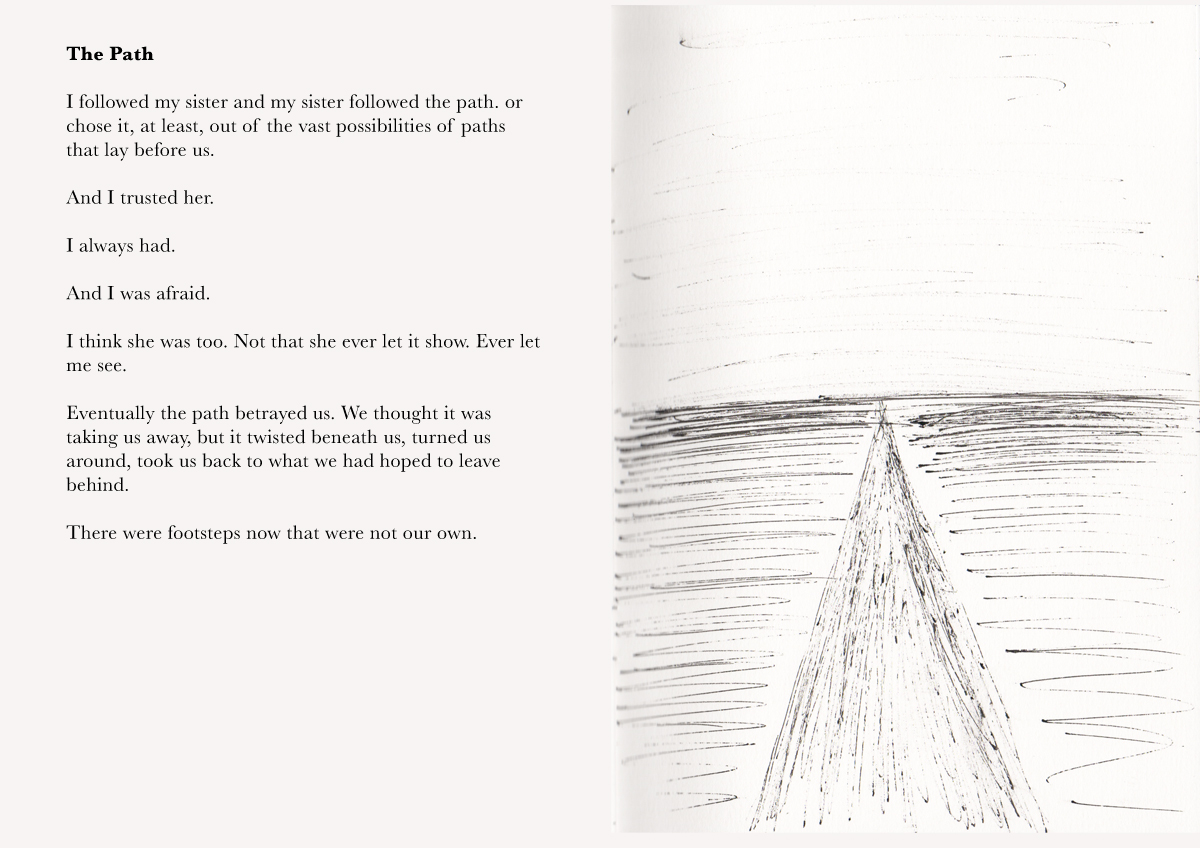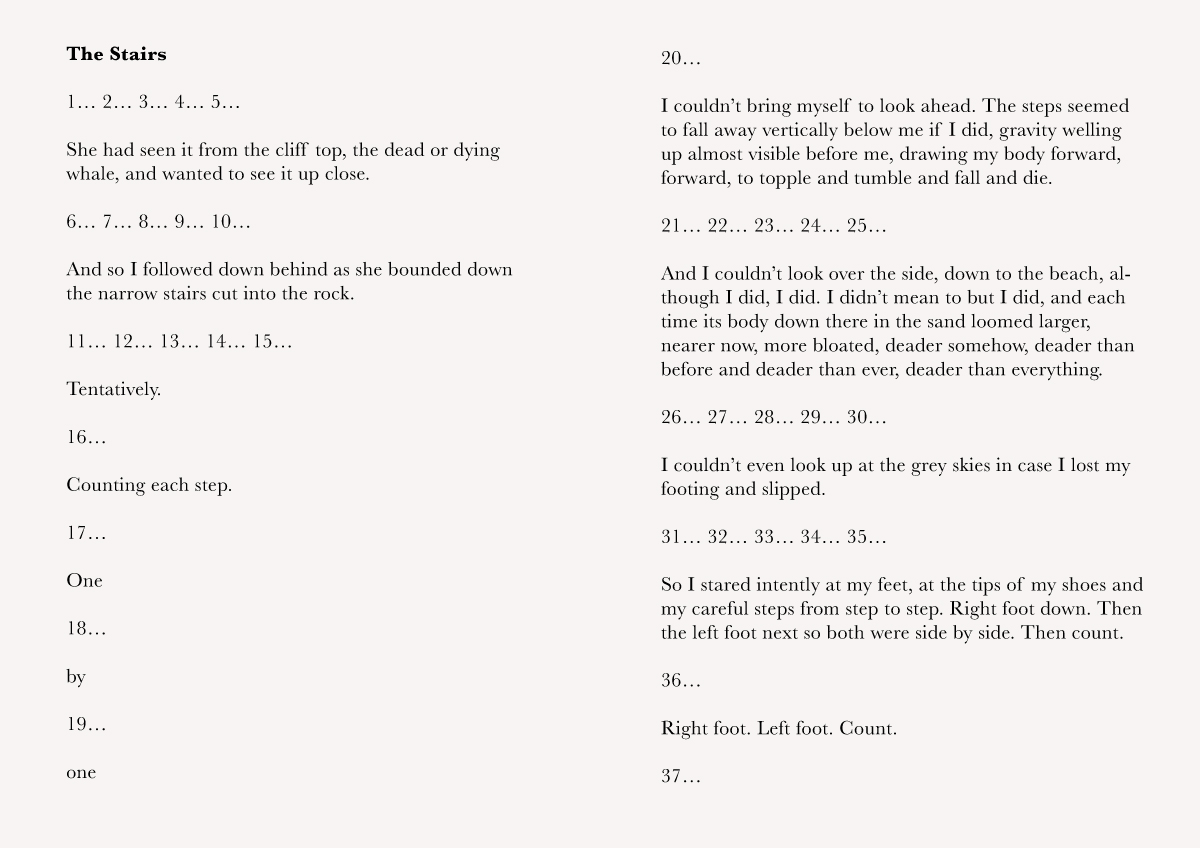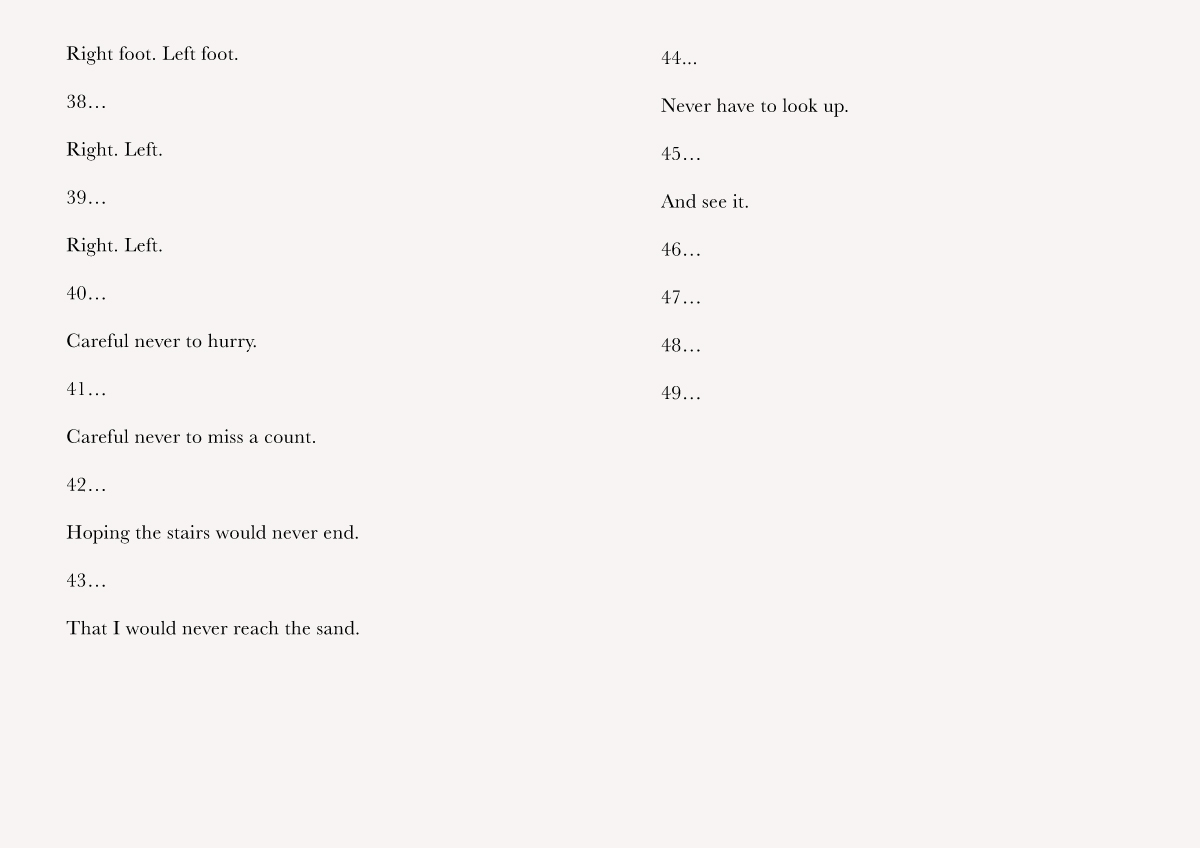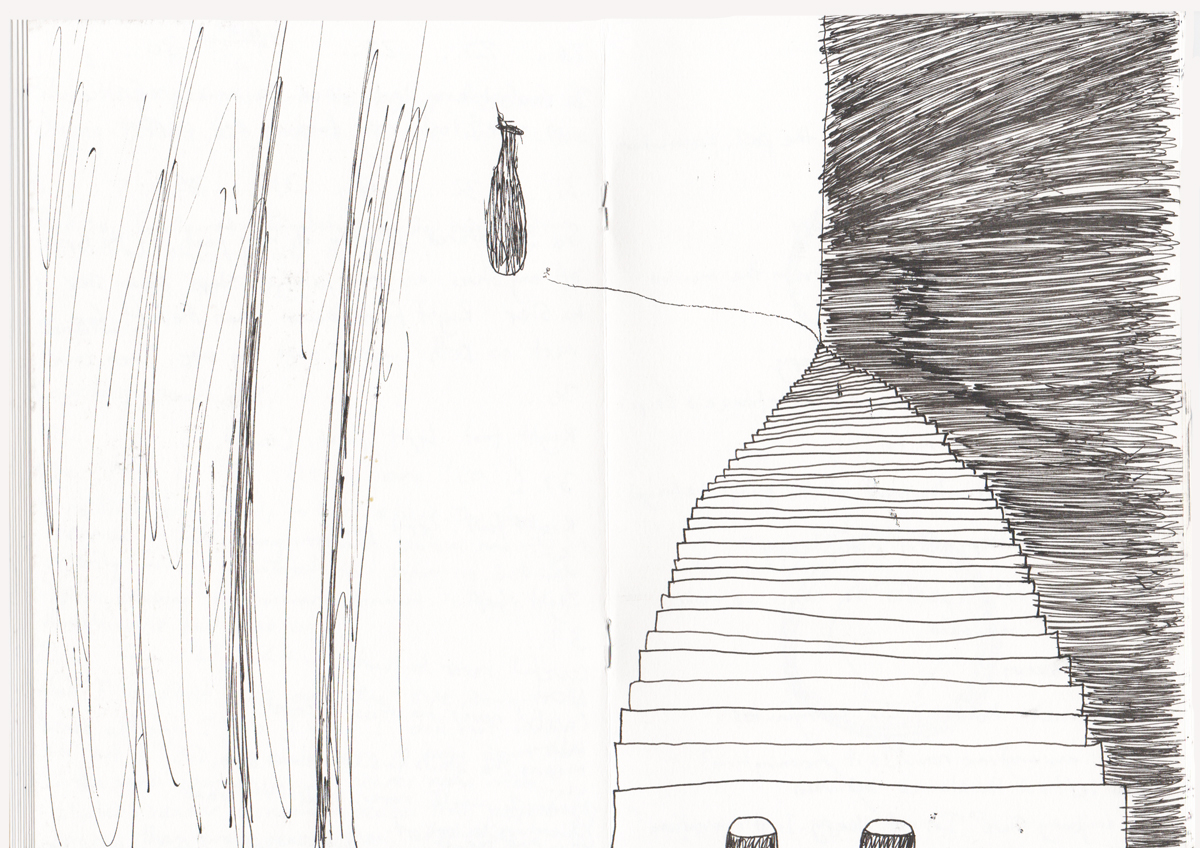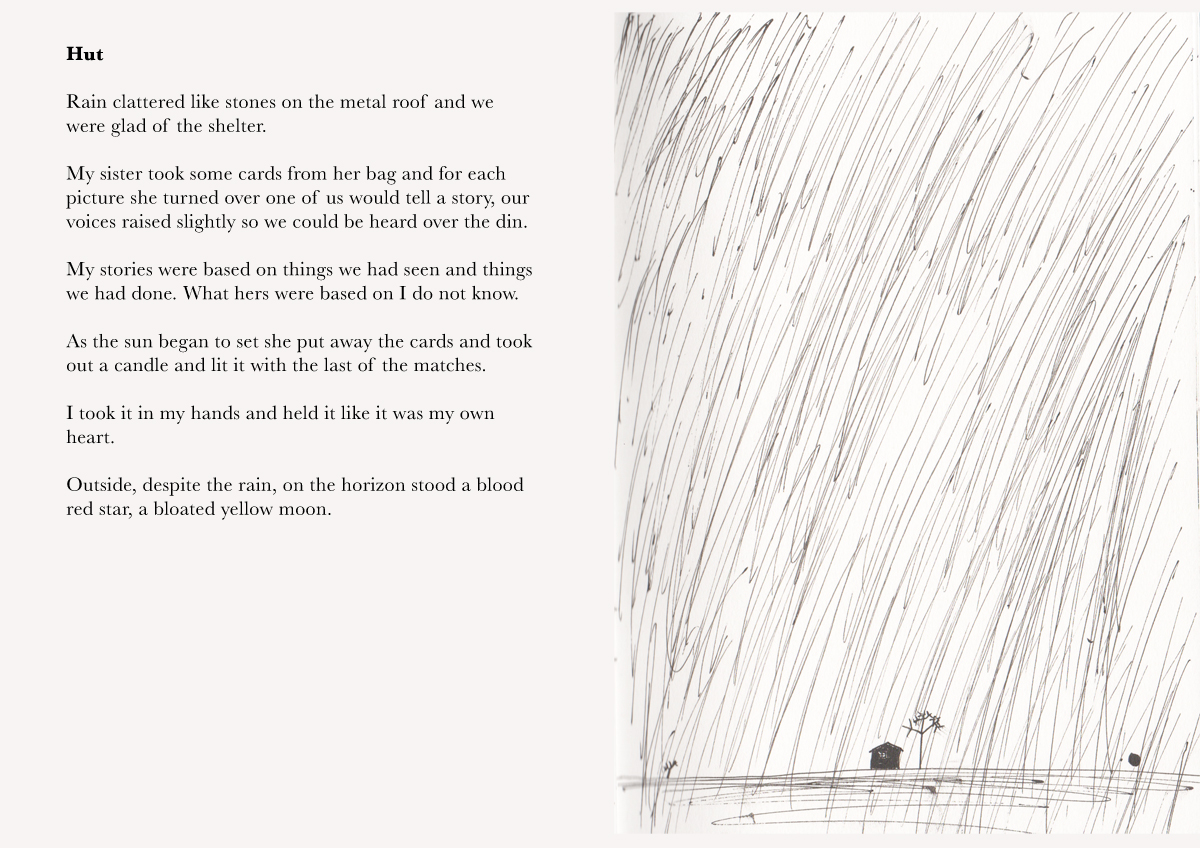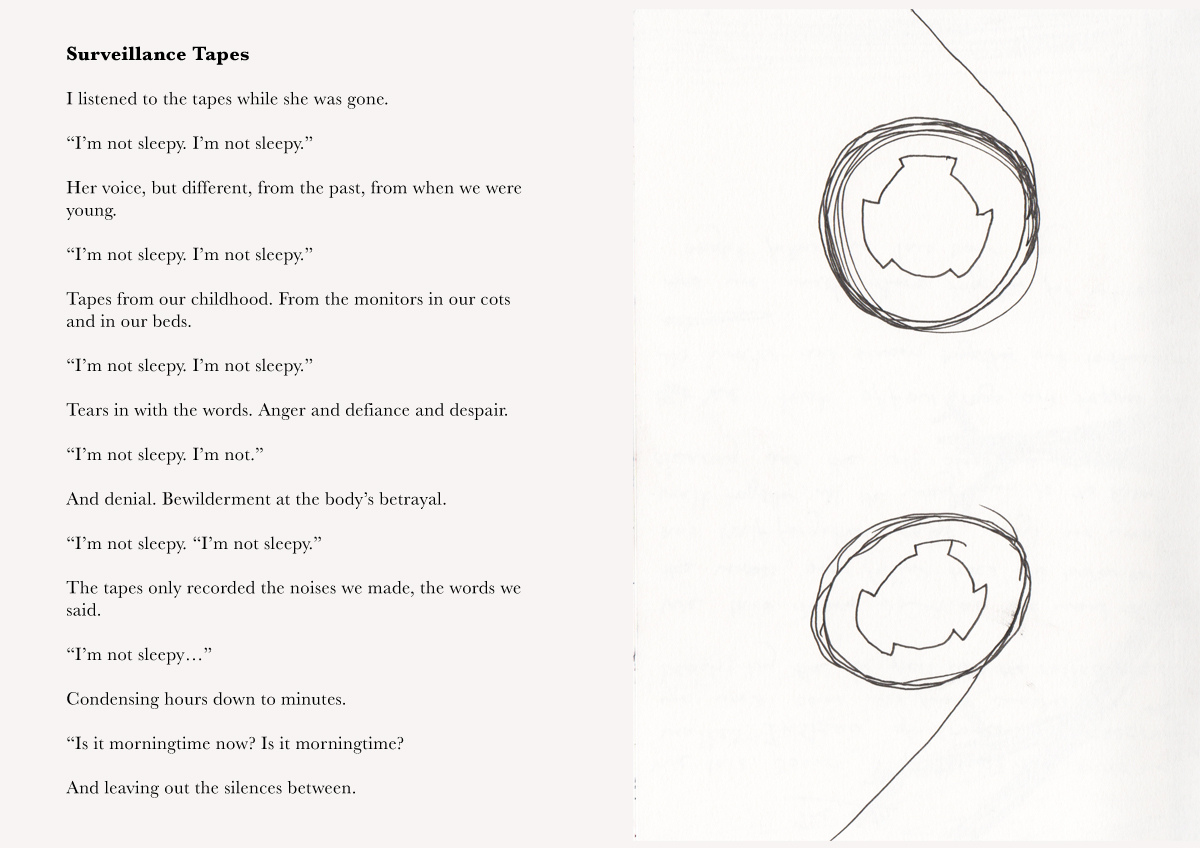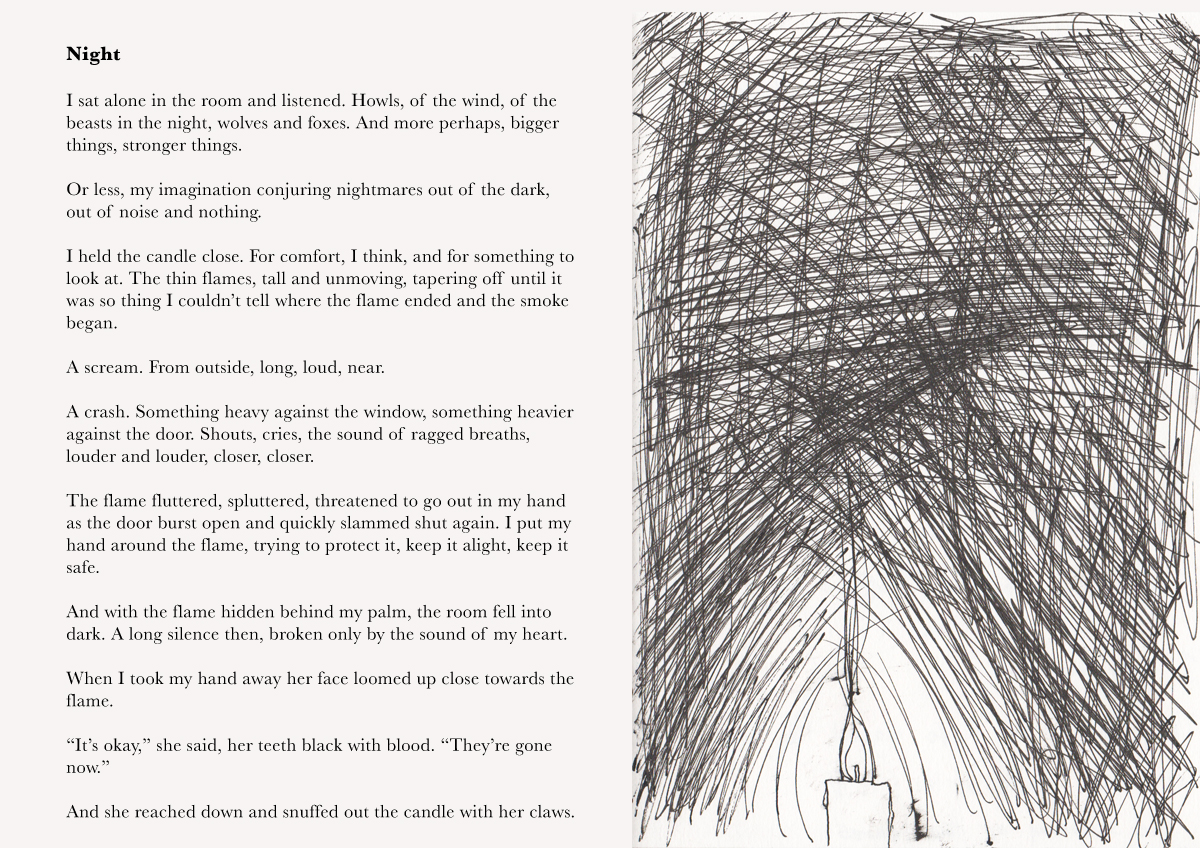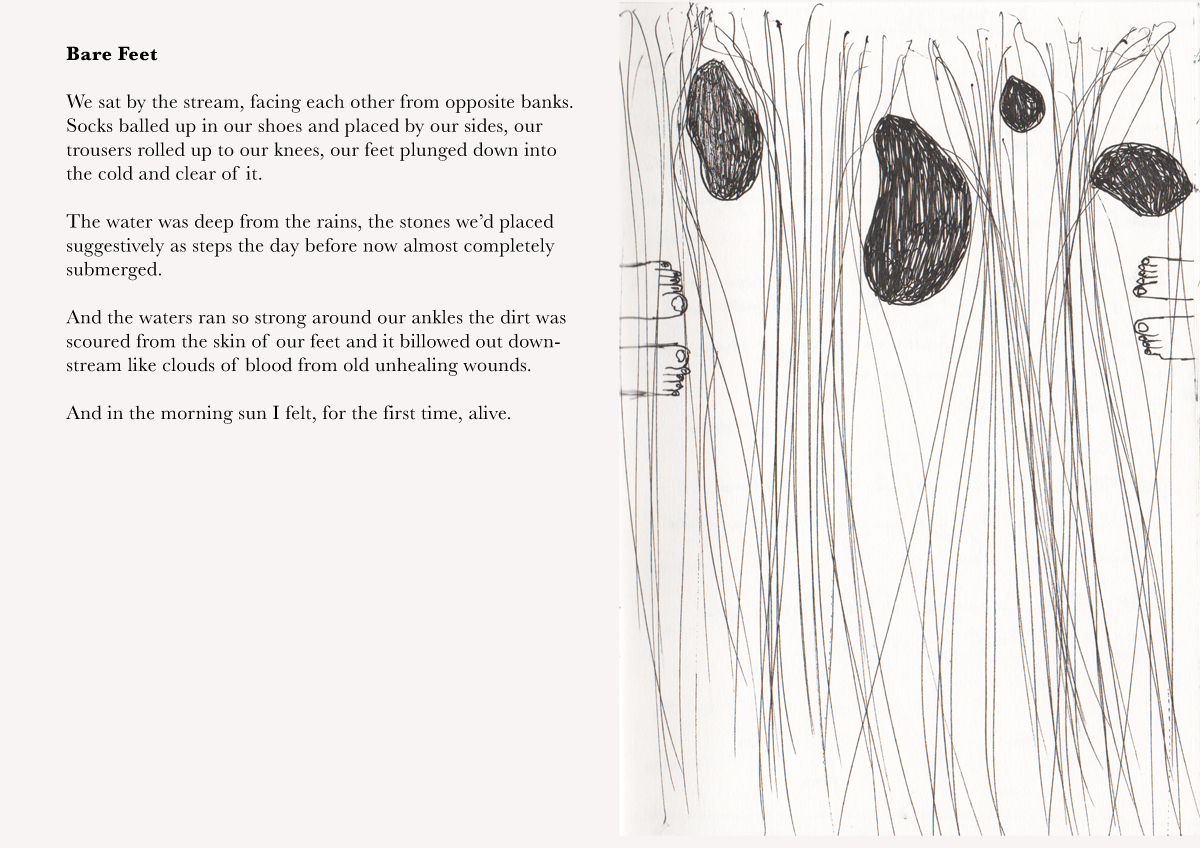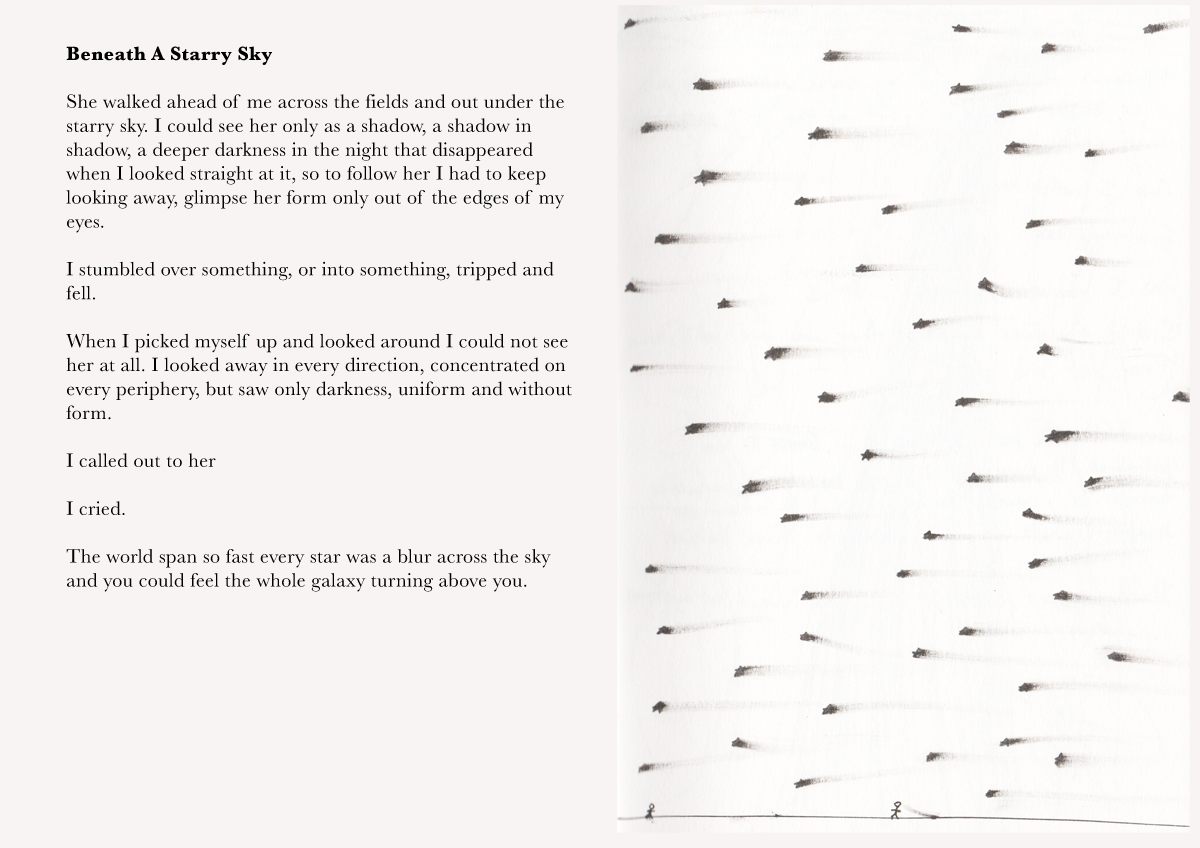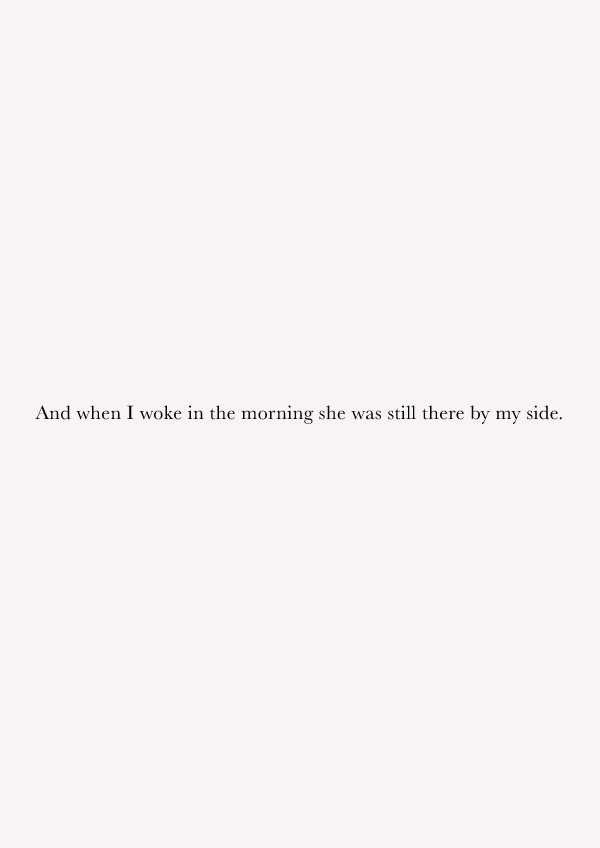I was home for the weekend for the first time in ages. My sister was working in the pub as usual, and I was sat by the bar and keeping her company. Which it seemed liked she needed, as the whole place was weirdly deserted, even for midweek in Maldon in the bleakest midwinter I could remember. There wasn’t even anyone listlessly emptying their pockets into the fruit machine in the corner.
She’d been telling me some new gossip about someone or other in the far reaches of our family when a couple came in and interrupted her by daring, outrageously, to buy themselves some drinks. My sister glared at them throughout the entire transaction – some good old fashioned Essex friendliness – and even, it seemed, for a good while afterwards, watching them like a hawk until they’d settled down at a table that was, unsurprisingly, as far from the bar as they could find.
“What was that all about?” I asked.
“Don’t you remember her from school?” my sister asked, motioning with her head at the woman who’d come in.
I shrugged, then looked around quickly at the woman for a second, then turned back towards my sister and shrugged again.
“Vaguely,” I said. “Maybe. Was she in your class?”
“Yeah, you must remember her. Her and her sister. The twins?”
“Oh, right, yeah. Was it… Carole? Carla? And George, maybe?”
“Yeah, Carla. And Georgina,” she said. “Georgina punched me in the mouth one time. She had to go to hospital with a broken bloody hand!”
My sister found this somewhat funnier than I did.
“So which one’s that?”
“Carla. Georgina’s in prison now.”
“For punching you in the mouth?” I said with half a smile.
“No, it’s much better than that.”
My sister lapsed into a sudden self-satisfied smile, taking her time to wipe down the counter and clear away some glasses while she waited expectantly for me to ask her to explain.
Which I didn’t.
But eventually she stopped rattling glasses around and told me anyway.
“A few months ago, well, maybe a year ago now, one of the twins – no-one knows which – walked into the offie down near the hospital waving a knife about and made the bloke behind the counter give her all the cash from the register and as many packs of fags as he could grab off the racks behind him and shovel into her bag. And then she walked out and disappeared.
“Now, she hadn’t made any attempt to disguise who she was, and it didn’t take long for the police to look at the CCTV, and ask around a bit and find someone who recognised who it was. ‘It was that Carla, wasn’t it? Or Georgina, maybe. Definitely one of those twins.’
“But the man they robbed had no idea which one it was (I don’t think he had any idea who they were at all), and no-one could tell from the CCTV. And neither of them would admit they did it, or even implicate the other one. Both of them simply said, ‘I was at home that night, watching cat videos on youtube’ or whatever. And they stuck to that story
“The police never found any of the money either, or the bag full of cigarettes. Or any cigarettes at all. I don’t think either of them even smoke anyway.
“But anyway, the police couldn’t charge both of them. You can’t send two people to jail just because you know one of them has done it. And it was clearly just one of them holding the place up. But they both look the same and dress the same and have the same identical haircuts, and neither one of them has ever put on even the slightest bit of weight. I mean look at her. Sickeningly skinny.
“I’ve no idea if they planned it like that or not, or if they just stumbled across this… scam. Maybe one of them genuinely didn’t know anything about it all, and really had been at home all the time. I don’t even really know if you can call it a scam. A loophole. Some sort of legal stupidity, really, but you can’t convict on chance, they say, and as both of them just said, “No, I was at home” over and over again, they had to let them go. They knew – everyone knew – that one of them had done it. Just not which one.
“And so they got away with it.”
“But you said one of them was in jail, now?” I said. “So how did they get caught. It wasn’t something stupid like one of them being left handed and one being right handed, was it?”
“Mirror twins,” my sister said.
“What?”
“They’re called mirror twins when one of them’s left handed and the other’s right handed.”
“So it was that, then? That’s a bit disappointing.”
“Nah. And they’re both right-handed, anyway, as far as I can remember.”
We both glanced over towards Carla then, and yes, she was holding her pint in her right hand.
“Anyway, yeah, you’d have thought that would be that, wouldn’t you? You’ve got away with it once, you wouldn’t chance your arm doing it again. I mean the next time maybe the police’ll find some discrepancies in your stories, or catch you while you’re doing it, or just charge the pair of you out of spite. And they only got a couple of hundred quid, and some fags they probably had to dump somewhere.
“Better to just chalk that one up to luck, smile sweetly and innocently whenever anyone brought the subject up, and get on with your life. That’s what I’d have done.”
“Me too,” I said. “But then we’re not twins so what would we know.”
“Exactly. So then a month ago, one of them came in here, waved a knife around in my face, and stole a thousand pounds out the till.
“She came bursting in, all out of breath and with a nervous sort of worked up fury, screaming at me, waving her bloody blade around, pointing it at my heart and neck. It was pretty scary. Then she went sprinted off, and I called the police. I never told you about this, did I?”
I shook my head. I was slightly shocked, and ever so slightly furious. Although with my sister or with Georgina I couldn’t really tell.
“Were you alright?”
“Yeah, fine, fine. Anyway, this time the police went straight round to their flats and arrested the pair of them, and took them down to the cells and questioned them and bullied them and whatever else it is the police do to you when they’re pissed off with you.
“And Georgina told them, ‘Well, I was at home, again, watching all those cat videos on youtube’ and that’s all she would say. ‘I never left the house at all.’ Insistent on it.
“But Carla, she says, ‘Well, actually officers, I was down in the pubs by the Hythe all night, having a drink with my boyfriend.’ And they checked the CCTV and asked the bar staff and sure enough there she was, flitting occasionally between the two pubs down there. Making an almost conspicuous show of herself.
“So there’s her alibi. And there goes her sister’s. So now Georgina’s up for armed robbery, although only the one count, rather than two.”
“That was quick,” I said. “Did she plead guilty then?”
“Nah, she’s still claiming she was at home all night. That she didn’t do it all. But she can’t make bail, or they won’t give it to her, or whatever it is, and so she’s in jail while she’s awaiting trial.”
“She must be absolutely furious with her sister for fucking it all up,” I said.
“Well, it’s funny you should say that. Because, like I said, I was here that night. And the thing is, I know I was scared, but also… I know these two girls. I’ve known them for years. And I’m almost certain it was Carla with the knife that night.”
“But then, why would Georgina say she was at home when she was clowning around down the pub?” I asked. “That’s a pretty bloody stupid thing to do.”
“I don’t know. Maybe she was telling the truth.
“I tried it out the other day, you see, and you could climb out the windows in the toilets down there and no-one would see you, and then you could sprint along Down’s Road you can get here in about five minutes. Although of course you’d be pretty out of breath by the time you got here…”
“But why would you do that to your own bloody sister?”
“Well, I was thinking about that, too. I might be able tell the difference between them, but…” She glanced over one last time at Carla and her boyfriend in the corner. “There’s no guarantee that he ever could.”�
__________
Notes:
1. Written on the 19th and 20th May, 2016
2. I don’t really like this that much
3. But I’ve included it here because it’s the only thing I’ve ever had shortlisted for an award
4. It didn’t win, obviously
__________
If you like the things you've read here please consider subscribing to my patreon or my ko-fi. Patreon subscribers get not just early access to content and also the occasional gift, but also my eternal gratitude. Which I'm not sure is very useful, but is certainly very real.(Ko-fi contributors probably only get the gratitude I'm afraid, but please get in touch if you want more). Thank you!
